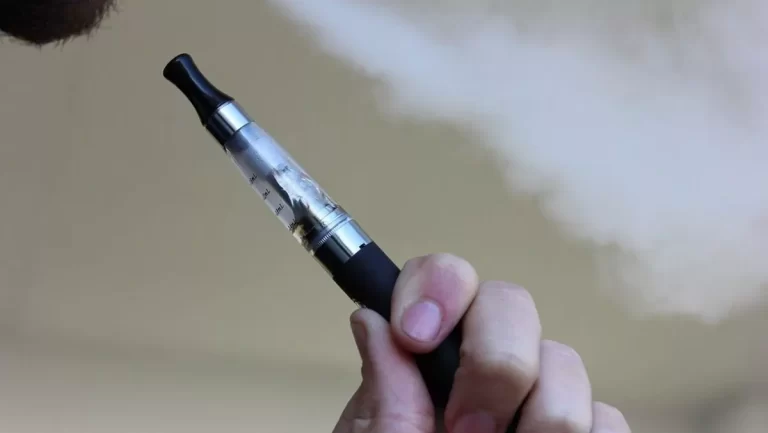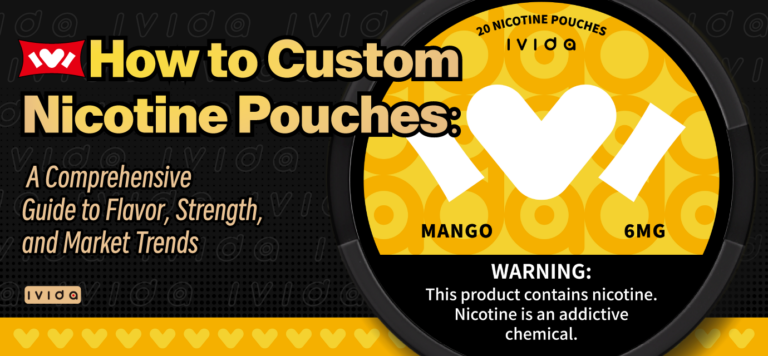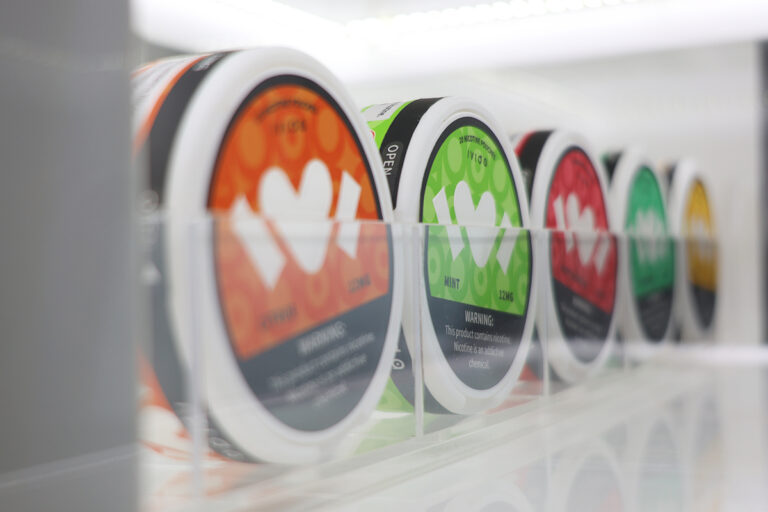Regulatory Challenges and Future Prospects for Nicotine Pouches in Germany
Custom Nicotine Pouches
Regulatory Challenges and Future Prospects for Nicotine Pouches in Germany
The regulation of nicotine pouches in Germany is clear. The Federal Office of Consumer Protection and Food Safety (BVL) states that they are not regulated under the national tobacco law. These nicotine pouch products are classified as foods containing unauthorized novel food ingredients, specifically nicotine. This means that they cannot be marketed or sold legally in Germany. This interpretation stems from a legal precedent established by a German court, which ruled that novel nicotine pouch products should be classified as food and considered as novel food. Consequently, nicotine pouches must comply with EU food regulations. However, EU food law does not permit nicotine to be used as food, a food ingredient, food additive, or flavoring. As early as November 2020, the Bavarian Health and Food Safety Authority issued an opinion stating that certain brands of nicotine pouches are “harmful to health and therefore unsafe because the concentration of nicotine in the product exceeds the applicable food limits.” In Baden-Württemberg, the Ministry of Rural Affairs and Consumer Protection also believes that since nicotine pouches do not contain tobacco, they do not conform to the standard definitions and norms of tobacco products. However, they are evaluated based on specific composition and usage, “whether they are considered food that is novel and unsafe due to their ingredients.”
Moreover
- Currently, the EU TPD regulations ban the sale of oral tobacco products. However, this ban does not apply to nicotine pouch products that do not contain tobacco but do contain nicotine.
- A study published in 2022 by scientists from the German Federal Institute for Risk Assessment (BfR) in the journal Tobacco Control confirmed that tobacco-free nicotine pouches could be a potential reduced-risk alternative for smokers in Germany. Based on research into the nicotine content and other health-related ingredients in 46 product samples, scientists recommended appropriate regulation of nicotine pouches, which should include nicotine limits, warnings and information on nicotine content on packaging, and adherence to requirements for protecting
- minors.
Conclusion
The current regulatory framework for nicotine pouches in Germany poses significant challenges due to their classification as novel foods containing unauthorized ingredients. However, recognizing their potential as a reduced-risk alternative for smokers, there is a pressing need for more practical and effective regulatory policies. By re-evaluating the classification and imposing appropriate regulations, including nicotine limits, labeling requirements, and measures for protecting minors, Germany can ensure consumer safety while potentially providing a safer option for smokers looking to reduce health risks. It is crucial for policymakers to address these issues promptly to align public health objectives with consumer needs.







-qwpax3rd2nto0i9lm3wb0nde9r42qenn9so2lk7sb4.png)